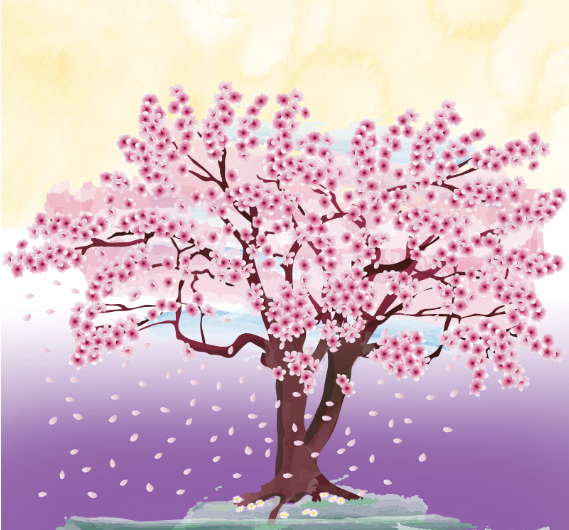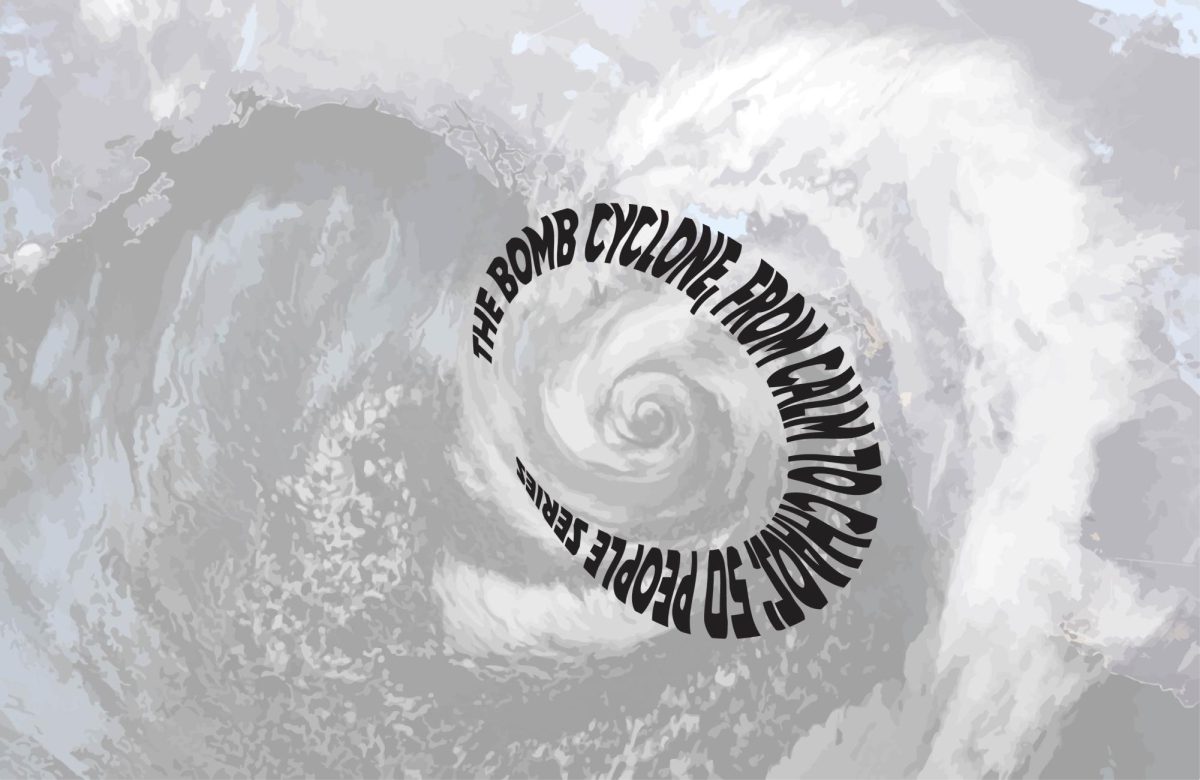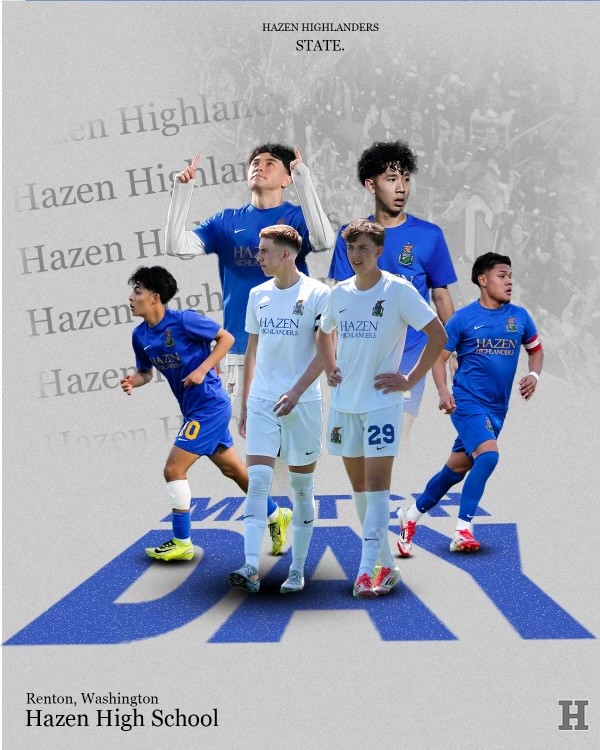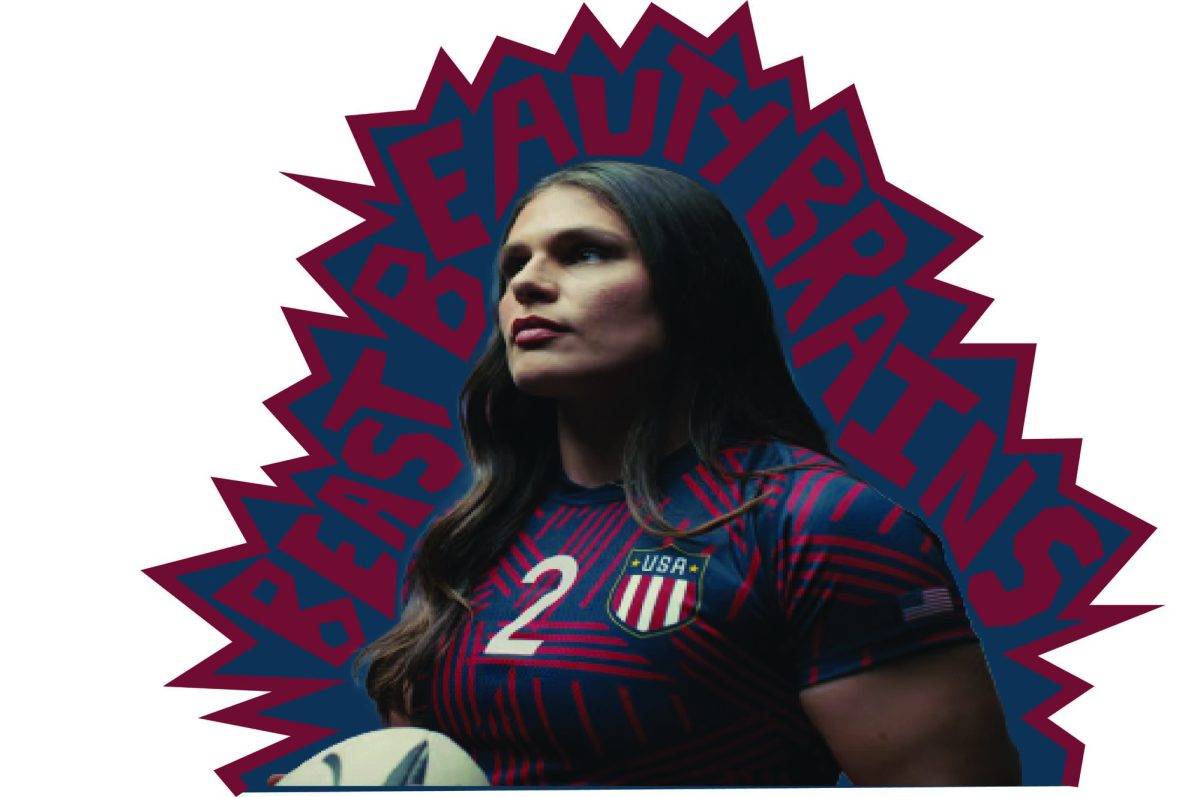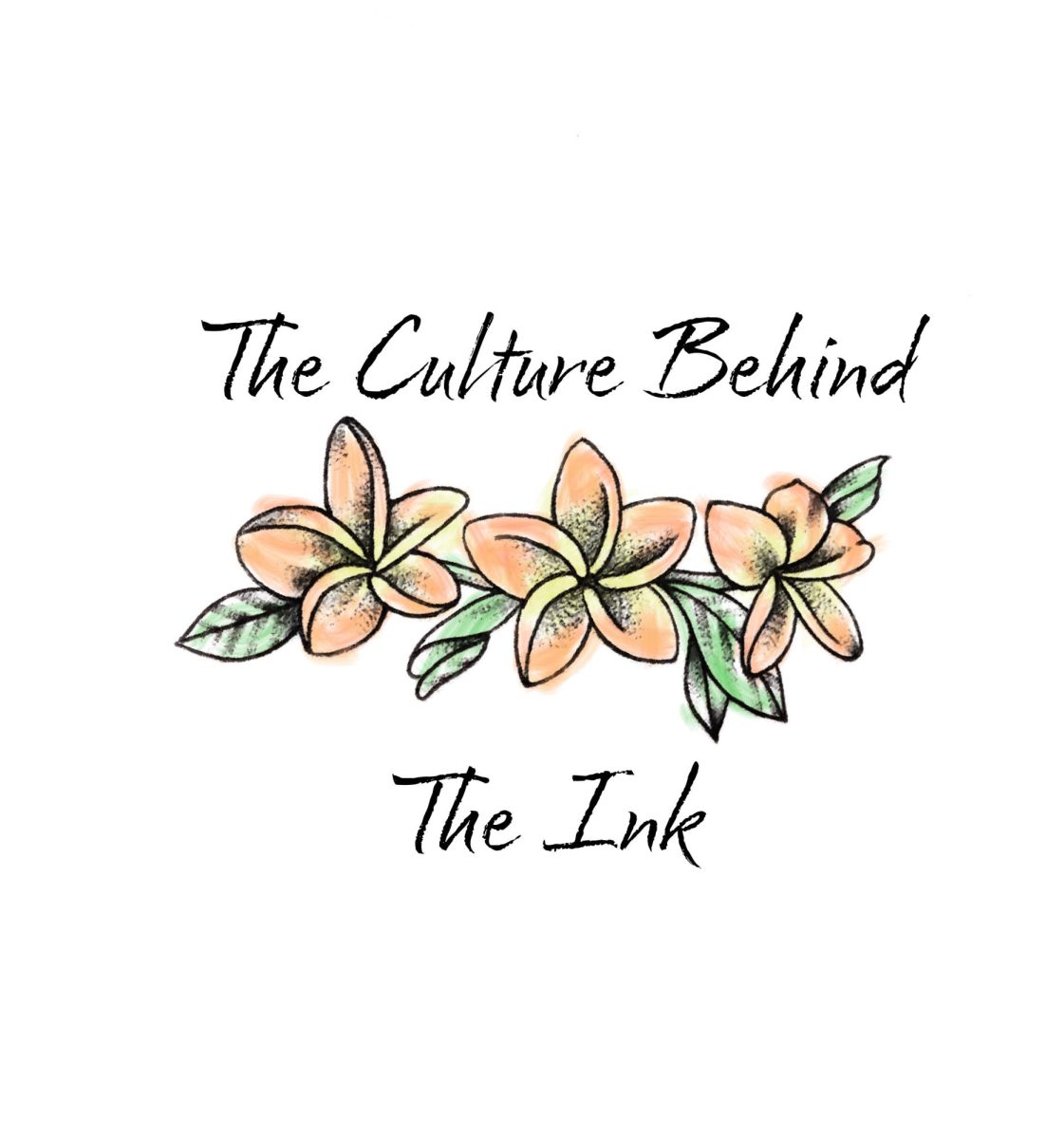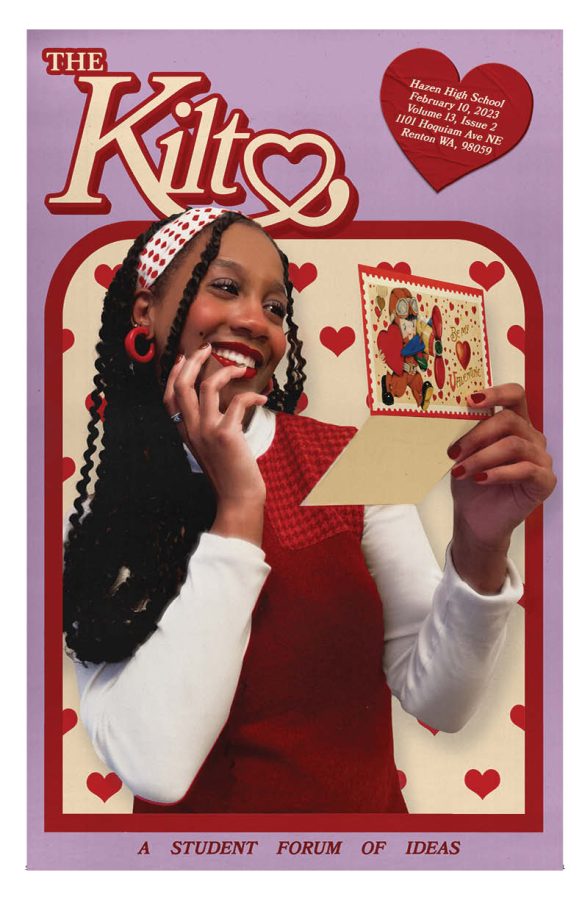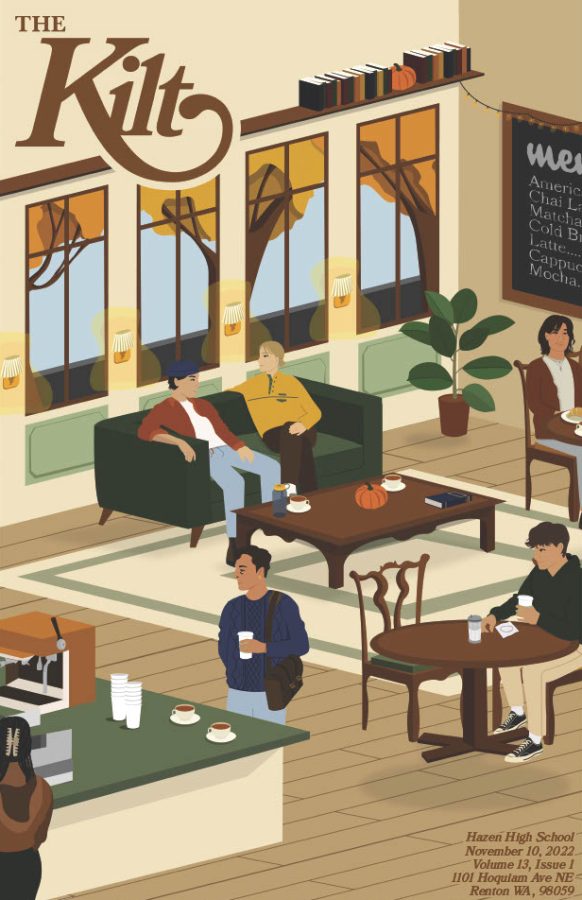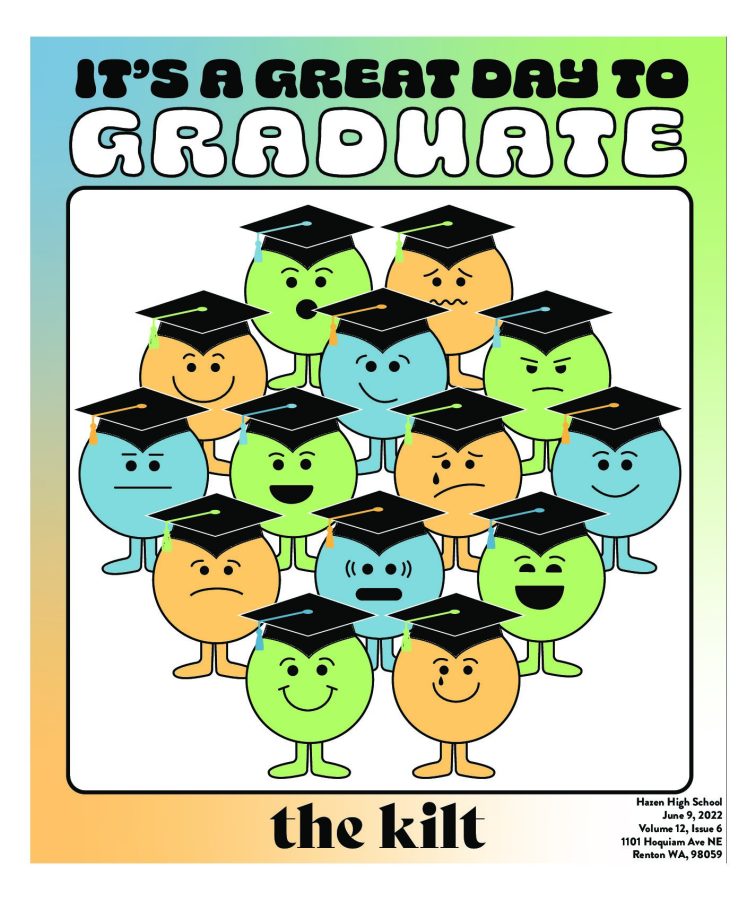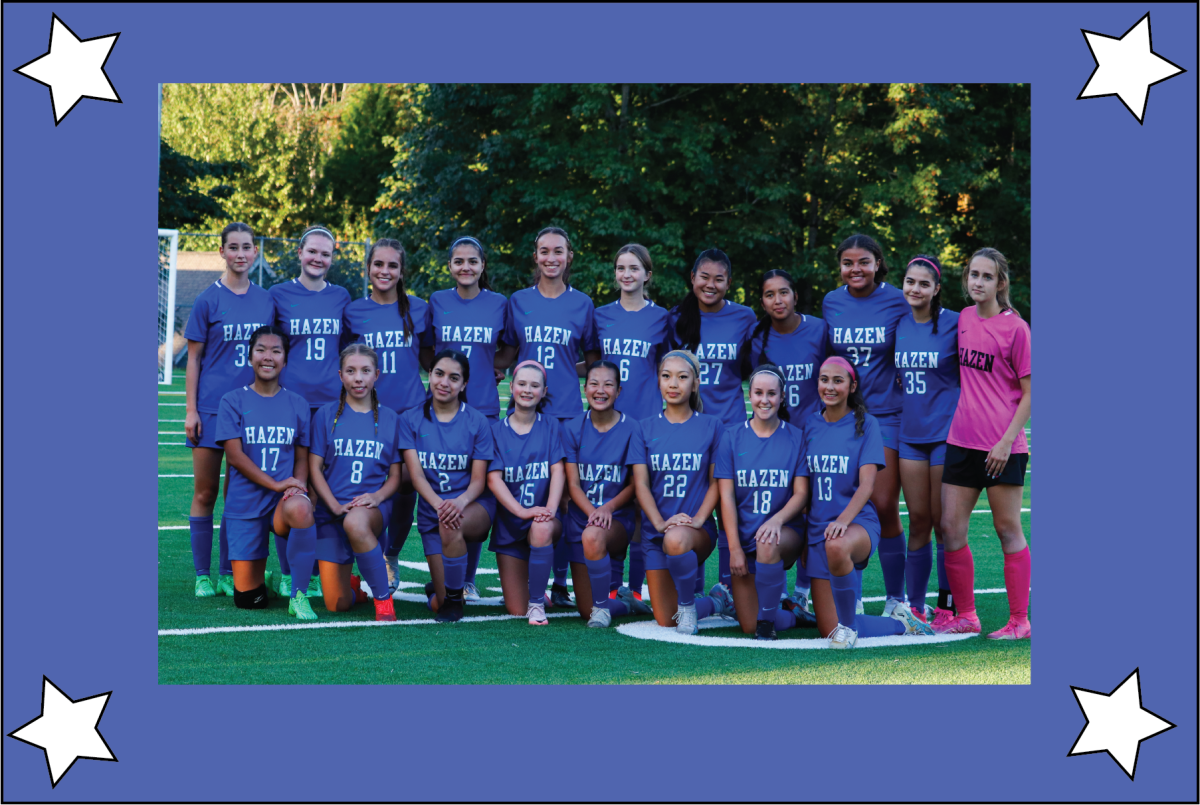In recent years, the popularity of the Grammys has noticeably decreased. The ratings hit only a fraction of the viewership they did during their peak in the 2000s.
Due to the handling of the nominations and winners, it has become common to hear pushback against the award show by both artists and fans. While much of this may come from personal preference, there is an underlying pattern that seems to occur every Grammy cycle: Black artists and musicians rarely can win outside of R&B and Hip-Hop categories. There are outliers to this issue, such as Childish Gambino’s Song of the Year win in 2018 for the deeply meaningful This Is America. However, there are too few examples of Black artists receiving higher recognition in these larger awards compared to White artists.
The lack of proper acknowledgment of Black music and culture affects even some of the highest-regarded and popular artists. The Weeknd had an unbeatable year throughout 2020 with his record After Hours and more specifically, his smash hit Blinding Lights. The song engulfed the world during the lockdown and served as a fantastic return to the sound of the 80s with its expressive production and lead chorus. According to Billboard, the song has been officially ranked as the biggest billboard hit of the decade so far, ahead of many other identifiable giants. Unfortunately, not a single nomination was given to The Weeknd for any of his work, even with the popularity and critical acclaim of the record proving its impact.
A similar situation happened rather recently with Nicki Minaj’s own record-breaking single Super Freaky Girl. The single became the first solo female rap song to debut at number one on the Billboard charts since Lauryn Hill’s Doo Wop (That Thing). It also allowed her to become the only female rapper with multiple number-one debuts, a historic win for female rap that continues to illustrate how far the presence of women in hip-hop has become. And yet, the academy failed to give acknowledgment of the single’s importance with any nominations, even in the rap categories. With both The Weeknd and Nicki Minaj being two of the largest figureheads for Black artistry, the lack of recognition by the academy feels purposeful, especially when considering the popularity and impact of both artists on the musical landscape of today. They, alongside many other Black artists, are incredibly influential and deserving of the same recognition that many of their White peers can receive while having less impact and acclaim.
An issue also present with the Grammys is the specific awards given to Black artists when they are nominated. For example, Kendrick Lamar made his return to music last year with Mr. Morale & The Big Steppers, which proved to be both a commercial and critical success. While the record certainly had its controversies with multiple Kodak Black features, the overall story-telling and distinct sounds made the project widely beloved. However, the only awards the album and its singles won were in the rap categories.
While personal preference does play a role in this debate, with the unspeakable impact and artistry that Kendrick has brought to not only Black culture but to the musical culture of today, it feels like a direct choice to not award him in any other field. He has been nominated for Album of the Year several times with To Pimp A Butterfly, good kid, m.A.A.d city, and DAMN. which have all been revered by critics and fans alike. As one of the most influential Black artists who have shaped musical culture for well over a decade, it seems that he is more than deserving of a win for Album of the Year, not only for the phenomenal music under his discography but also for the boundaries he has pushed for Black culture.
Another example of groundbreaking artists being placed solely in hip-hop and R&B categories comes with Tyler, the Creator. He is one of the most imaginative and trend-setting artists in this modern era that is still well recognizable even with his constant change in aesthetic with every album cycle. As a member of the LGBTQ community, he has also paved the way for more queer rap artists to make it into mainstream media and be accepted into a wider community.
His music has also been revolutionary in creating new styles and sounds, with his 2019 record IGOR being amongst his most recognizable projects. The album carries heavy synths and vocal layerings that create an experience like no other. While rapping is featured on the record, the album is largely carried by Tyler’s vocals and production. However, when it came to receiving Grammy recognition, the album was placed exclusively in the rap categories. It did go on to win Best Rap Album which was a historic moment for his career, however, it didn’t properly represent what the album was fundamentally about.
Tyler touched on this in a CNN article where he responded to the academy with, “It sucks that whenever we — and I mean guys that look like me — do anything that’s genre-bending or that’s anything they always put it in a rap or urban category.” His statement encapsulates exactly why this is an important issue. By only nominating Black artists in “urban” categories the Grammys are putting Black culture inside a box from which it cannot escape. It sends the message that the work and contributions of Black artists to the music industry will only be valued in a certain way, even if it doesn’t do it justice. This presents an overarching problem when we see countless examples of White artists being recognized for their work in numerous categories regardless of quality and influence, which directly invalidates all the effort Black artists do to impact the industry with their creativity.
The issue of the Grammys limiting the recognition Black artists receive is also detrimental to their image. With their ratings continuously dropping annually it has become no secret that the general public is losing faith in the academy. While some might say that this is a positive outcome due to award shows being meaningless, I beg to differ. This form of recognition allows artists to gain coverage that they might not have had before the event. We have seen how the Grammys affect streaming numbers and total sales for several music projects due to the exposure artists get from the event.
Even if the Grammys are flawed, they still have some amount of meaning to the artists who get recognized by the academy. That is why we need to start seeing Black artists nominated and winning awards for more than just the same R&B and hip-hop categories. They not only deserve proper acknowledgment for their creative output but also deserve the exposure that such events generate. Only in this way can the Grammys improve itself by actually representing the groundbreaking work brought to us by Black artists instead of awarding safe and predictable projects that do not influence musical culture.

